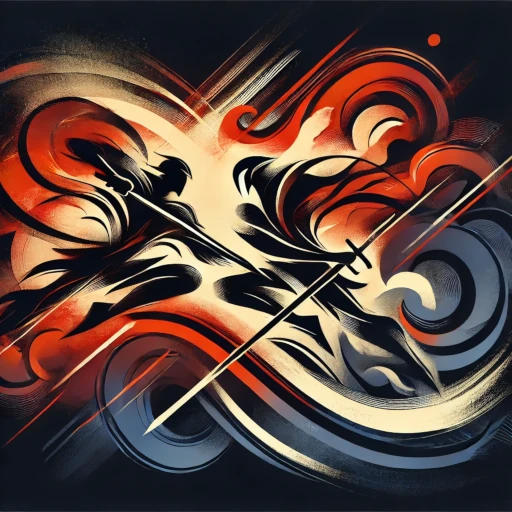“The ancient Romans built their greatest masterpieces of architecture, their amphitheaters, for wild beasts to fight in.”

- November 21, 1694 – May 30, 1778
- Born in France
- Philosopher, man of letters, historian
table of contents
Quote
“The ancient Romans built their greatest masterpieces of architecture, their amphitheaters, for wild beasts to fight in.”
Explanation
This quote reflects Voltaire’s critique of Roman civilization, highlighting the juxtaposition of their architectural brilliance with the brutal spectacles that these structures hosted. While the amphitheaters stand as a testament to the Romans’ engineering and artistic achievements, their primary purpose—to stage violent and often inhumane events—reveals a darker side of their culture. Voltaire uses this contrast to underscore the moral complexity of human accomplishments.
In a modern context, this quote resonates with discussions about the dual nature of progress. Advancements in technology, culture, or infrastructure often coexist with ethical concerns or questionable uses. For instance, innovations in media or entertainment can both enrich and exploit, depending on their application. Voltaire’s observation reminds us to critically examine not just what is achieved but how it is used.
A specific example of this principle can be seen in the construction of grand stadiums for modern sports or events. While they showcase architectural prowess and bring people together, some are also criticized for the exploitation of workers or the commercialization of traditions. Voltaire’s words challenge us to reflect on the purposes and values underlying humanity’s greatest achievements.
Would you like to share your impressions or related stories about this quote in the comments section?





